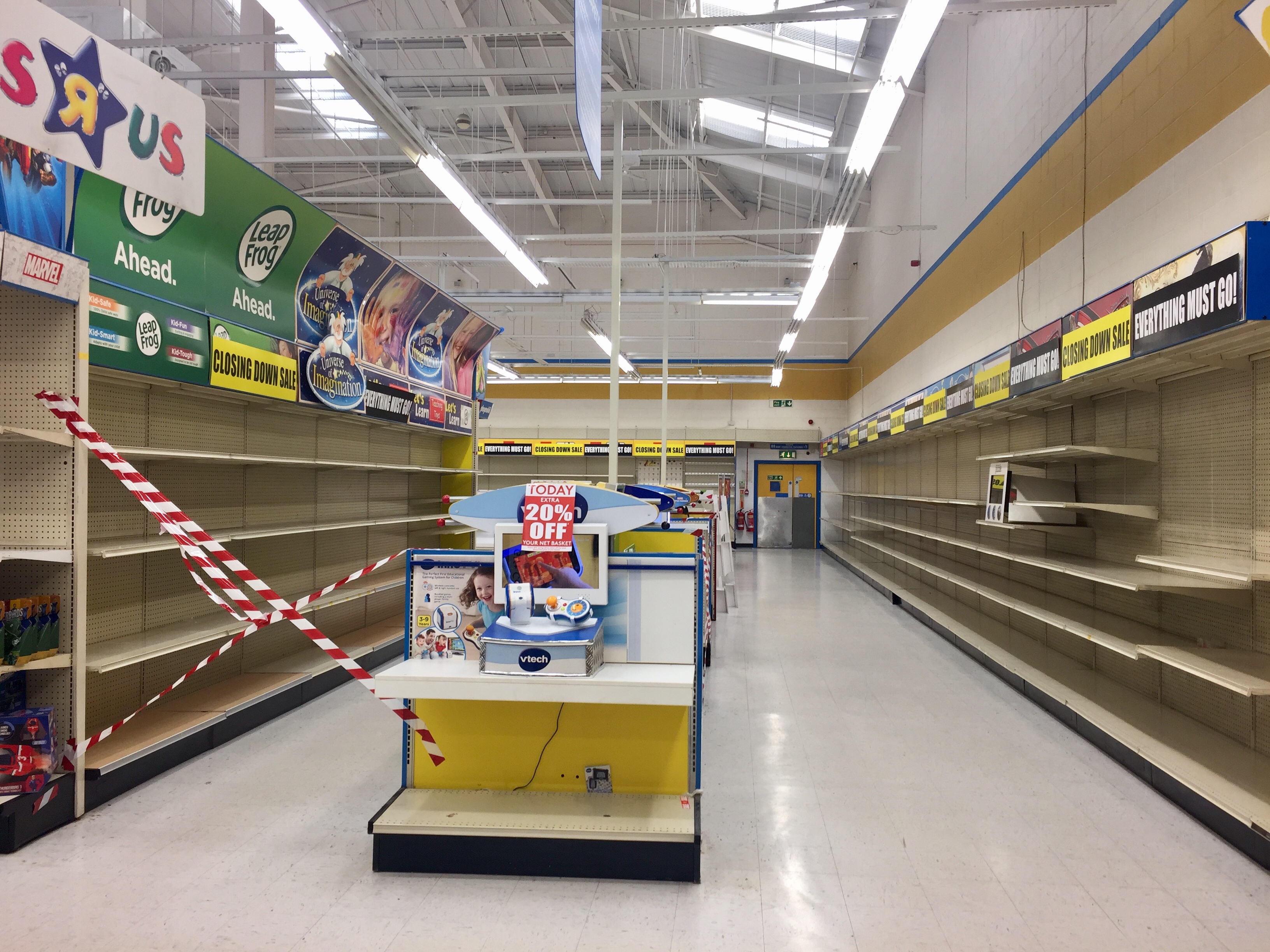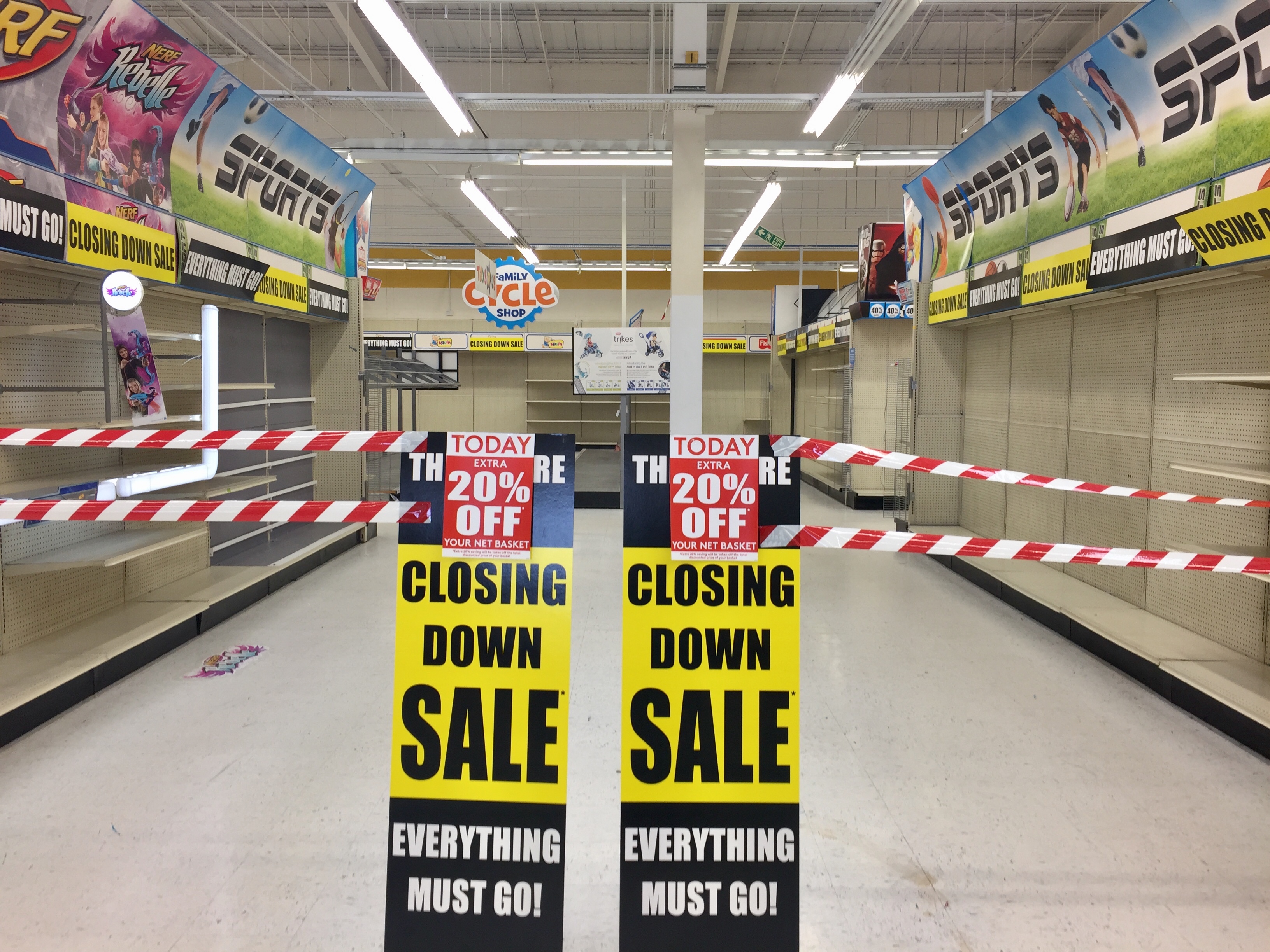A sad week for retail and a stark reminder of the dangers of complacency.
Toys R Us and Maplin ultimately collapsed because they failed to adapt to changing shopping habits. Let’s not ignore the elephant in the room. What would make a shopper choose Maplin over Amazon? The retail titan’s endless assortment, low prices and increasingly speedy delivery left Maplin with limited fighting power. The high street retailer was doing everything it could to distinguish itself from pure-play online rivals – focusing on customer service, product expertise and the instore experience – but clearly that wasn’t enough.
While Maplin may have been a victim of the Amazon effect, Toys R Us was simply a victim of complacency. The customer experience was, at best, underwhelming due to a lack of investment both in stores and online. They sat idly by as new competitive threats – from B&M to Smyths – chipped away at their business. In toy retailing, you need be either cheap, convenient or fun but Toys R Us failed to deliver in each of these areas, leaving them stuck in a retail no man’s land.

As a specialist, the Toys R Us experience should have been a magical one with instore events, dedicated play areas and product demonstrations. The reality was a soulless shed with very little innovation or technology to draw shoppers in. Saddled with debt, Toys R Us was unable to flaunt its specialist credentials and reposition its stores as genuine destinations.
The demise of Toys R Us should serve as a powerful reminder of the need to rejuvenate the instore experience. Bricks and mortar retailers can’t compete with Amazon’s breadth of assortment and delivery capabilities, so they must leverage physical assets and reconfigure stores to become proper destinations. As I say time and again, the future role of the bricks and mortar store will be less transactional and more experiential. But sadly, many more stores will need to close to reflect the shift in spending habits.
Meanwhile, the combination of rising prices and subdued demand is putting considerable pressure on retailers, and particularly exposing those with underlying issues. Burdened by debt, Toys R Us was simply unable to adapt to a changing retail environment.
You can hear me discuss more on Toys R Us on the BBC World Service here.

